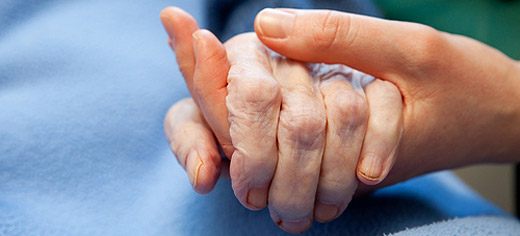
Around 7,000 colorectal cancer survivors in the UK struggle to cope with daily life years after their diagnosis, according to new analysis led by University of Leeds researchers.
The study, recently published in the Journal of Clinical Oncology and partly funded by Macmillan Cancer Support, shows that just under 1 in 6 (15%) people who survive a year to three years after a colorectal cancer diagnosis in England experience ‘social distress’, perceiving their daily social interactions to be severely negative or distressing.
The research is based on the largest ever study into the quality of life of people with colorectal cancer. It reveals this could be happening because of a combination of financial and work concerns, people struggling with body image and/or isolation, as well as problems carrying out domestic chores and personal care tasks, which could include bathing, dressing or washing.
People living with three or more long term illnesses in addition to a colorectal cancer diagnosis are especially at risk of feeling distressed. They are almost seven times more likely to experience severe distress from their social interactions compared to those with no conditions other than cancer.
In addition, they are three times as likely to have money worries as those living with a cancer diagnosis and no other conditions, and four times as likely to feel isolated, be worried about body image and/or have problems communicating with family and friends.
Dr Penny Wright, of the School of Medicine at Leeds and lead researcher, said: “Many people following a diagnosis and treatment for colorectal cancer are remarkably resilient. However, for a significant minority, life is more difficult. Identifying and offering support to this group is a challenge which needs to be addressed.”
Lynda Thomas, Chief Executive at Macmillan Cancer Support said: “Improvements in colorectal cancer drugs and treatment mean more people are surviving and living longer, yet these advancements also mean that cancer now has a huge impact on all aspects of people’s lives for many years.
“But the NHS is stuck in the past and hasn’t adapted. There is a woeful lack of appropriate and tailored support available for the thousands of colorectal cancer survivors. Too often the NHS neglects to look at the bigger picture of how that cancer diagnosis affects other areas of someone’s life, especially if they’re already living with other illnesses.”
The full article, ‘Social Distress 12 to 36 Months After Colorectal Cancer’ has been published in the Journal of Clinical Oncology, and is available online here
Further information
Contact Ben Jones in the University of Leeds press office on 0113 343 8059 or email B.P.Jones@leeds.ac.uk